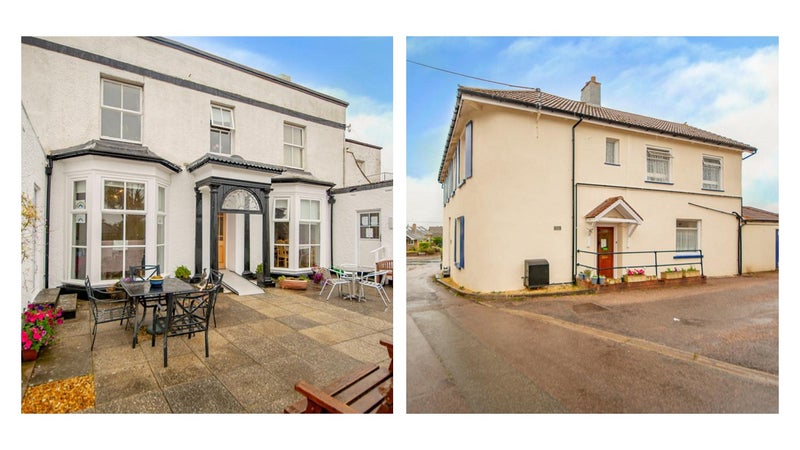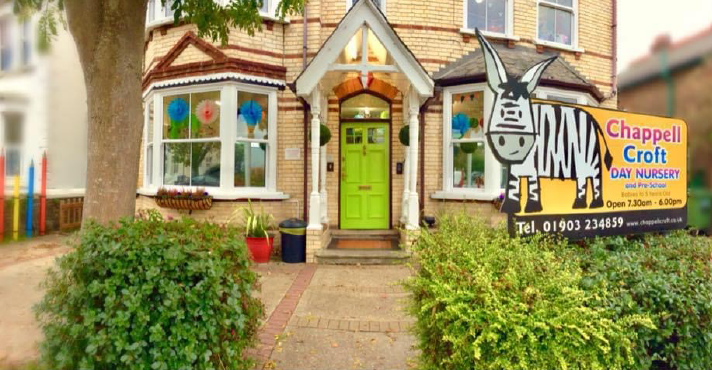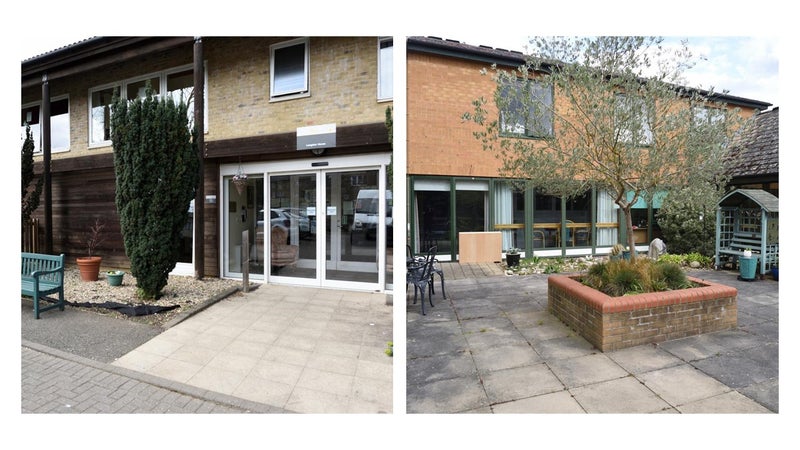11/11/2021 | Retail
A viable funding alternative for convenience retail and forecourt operators?
As the Bank of England starts to seriously consider the need for interest rate rises, this may be a good time to consider sale and leaseback

Sale and leaseback can be considered as an alternative form of property backed funding for your business. So, what is a sale and leaseback transaction and what are the advantages?
The Sale and Leaseback Transaction
- A sale and leaseback transaction can release capital that is tied up in your freehold property
- The transaction involves the sale of the freehold property to an investor, from whom you immediately take a new lease and continue trading as a tenant
Advantages
- Release of capital – Release 100% of the value of your property (subject to costs and taxes), for use as working capital, store investment or expansion. This compares favourably with mortgage debt, which will typically release only 60% of property value
- Tailored lease terms – Define your own lease terms to best suit the needs of your business and your future plans
- Tax efficiency – 100% of rent costs are treated as an operational expense for tax purposes, whereas only the interest on mortgage payments is tax deductable
- Investment demand – Strong demand for convenience retail investments from a wide variety on investors seeking secure returns from medium to long term leases
- Retain goodwill – the goodwill of the business is not affected and can still be realised by a future sale of the leasehold interest.
Considerations
- Property value – The value of your property will vary depending upon;
- Financial strength of your business – investors prefer tenants with strong financial covenants that can comfortably afford future rental commitments
- Lease structure – investors prefer long leases (ideally at least 15 years, without breaks) on terms that require the tenant to fully maintain and insure the property
- Rent – a rent set at, or close to, the market level and coupled with regular fixed reviews, will have the most appeal to investors
- Investor due diligence – Investor due diligence will often be detailed. Particular attention will be paid to the historic performance and projected performance of the business, as well as to the motivation of the transaction (how will the proceeds be used?)
- Accounting treatment – under UK accounting rules, future rent payments under a new lease would need to be recognised as a liability on your balance sheet.
Sale and leaseback transactions are a tax efficient way to release capital for store investment or business expansion.
If you’d like to explore your options, get in touch to find out more.
Nick Bywater MRICS
Associate Director – Retail Investment and Valuation
T +44 (0) 207 227 0748
M +44 (0) 7526 176 388
E nick.bywater@christie.com



















